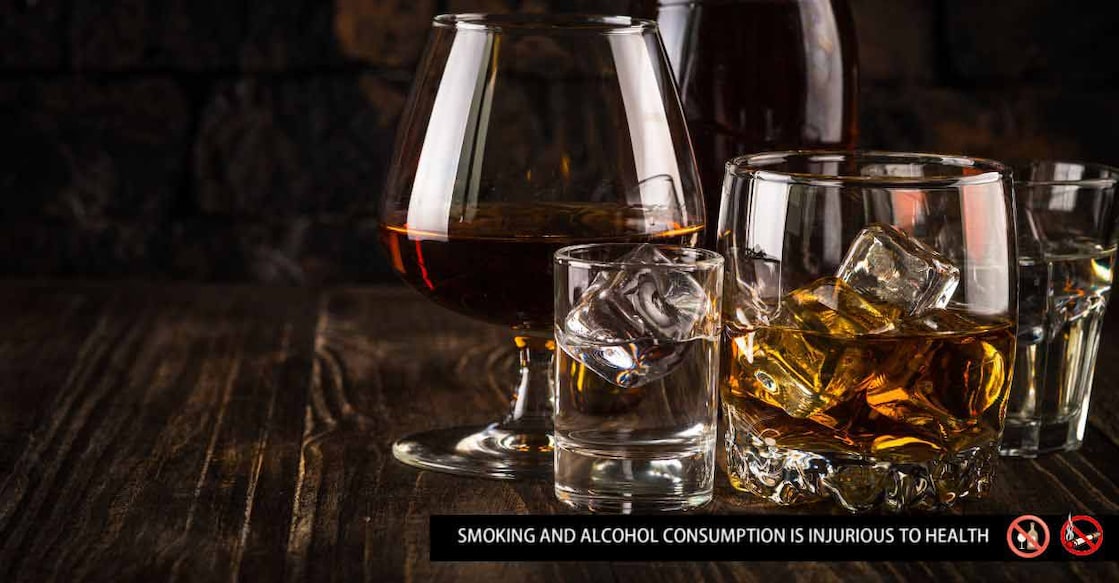Kerala to decriminalise liquor ads and non-display of statutory warnings in films

Mail This Article
It looks like filmmakers in Kerala can soon do away with the 'Consumption of alcohol is injurious to health' warnings that have to mandatorily appear on the screen whenever liquor is consumed or shown in the film.
These warnings, which take up one-tenth of the screen, are seen by filmmakers as undermining their creative output.
Under the Abkari Act, failure to show such warnings invites a jail term of up to six months and a fine of Rs 10,000. The LDF government has now decided to decriminalise this provision.
The Abkari (Amendment) Bill, 2023, was introduced in the Assembly on Wednesday by excise minister M B Rajesh for the purpose. The Bill has been sent to the consideration of the Assembly Select Committee.
Once the Amendment becomes law, a filmmaker can choose not to show these warnings provided she is willing to pay a fine of Rs 50,000. The filmmaker cannot be taken to court for refusing to display the warnings as is the case now.
A Committee headed by filmmaker Adoor Gopalakrishnan recommended in 2014 that these screen warnings should be removed. The Adoor Committee had said that it was ridiculous to insist on alcohol warnings when brutal scenes of rape and other kinds of violence were being shown without any warning. The then UDF government had accepted the Committee's recommendations in principle.
Apart from the refusal to show screen warnings, liquor advertisements are also sought to be decriminalised through the amendment. Under the Abkari Act "whoever prints, publishes or gives any advertisement soliciting the use of or offering any liquor or intoxicating drug shall be punished with imprisonment for a term which may extend to six months or with a fine which may extend to Rs 25,000 or both". This provision had forced liquor companies to promote their brands through surrogate advertisements of bottled water and soda.
Once the Amendment is passed, liquor advertisements can be published or aired provided the company pays a penalty of Rs 50,000.
Congress MLA Mathew Kuzhalnadan charged the LDF government with attempting to popularise drinking. "The government approach is very clear. You just want the money. Let the people be damned," Kuzhalnadan said.
He wanted to know what was the gain of decriminalising two penal provisions of the Abkari Act. The excise minister said it was done as part of implementing 'ease of doing business' norms. "In the country as a whole, 29,428 legal provisions have been decriminalised for ease of doing business," Rajesh said.
Further, the minister said that no cases had ever been taken under these two clauses. But this assertion by the minister can also mean that these penal provisions - to display warnings and desist from liquor ads - have made people loyally abide by certain temperance rules. They had worked as a deterrent against over-popularising booze.

